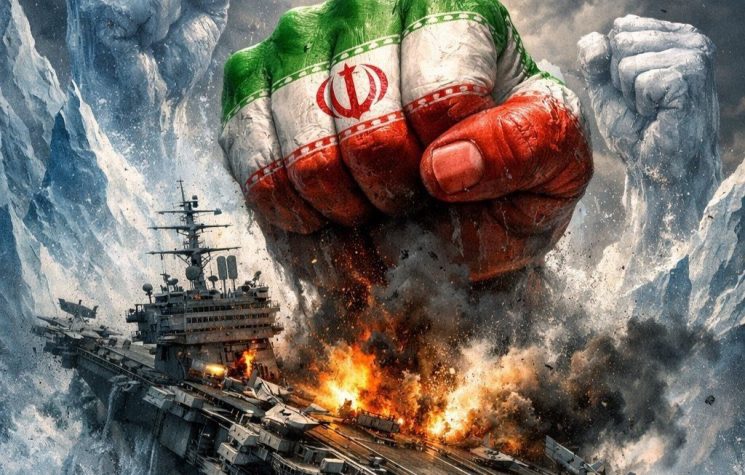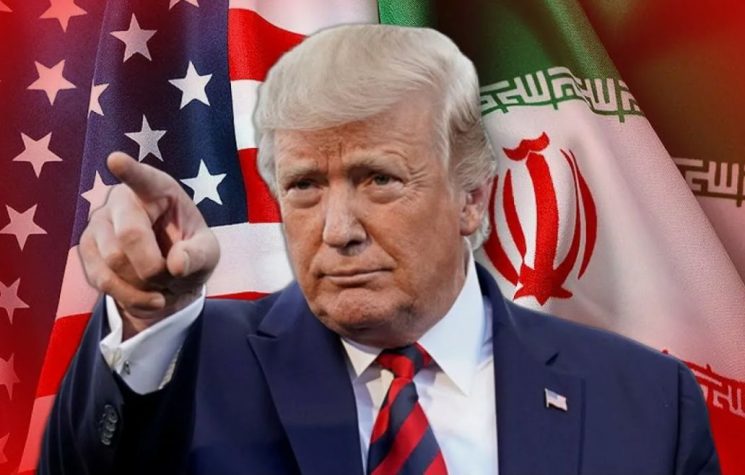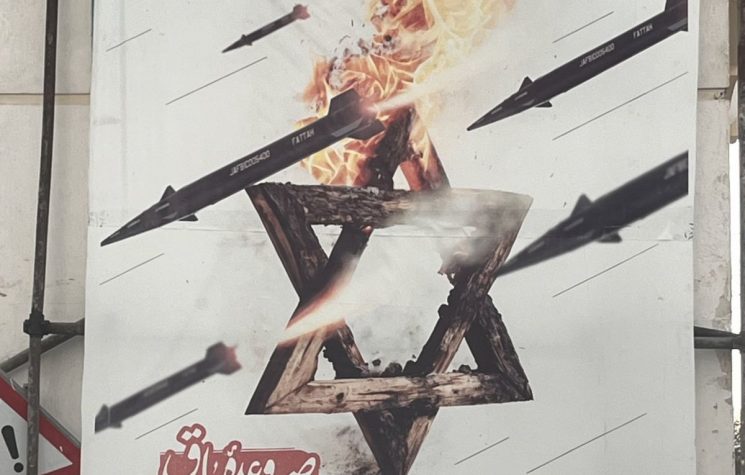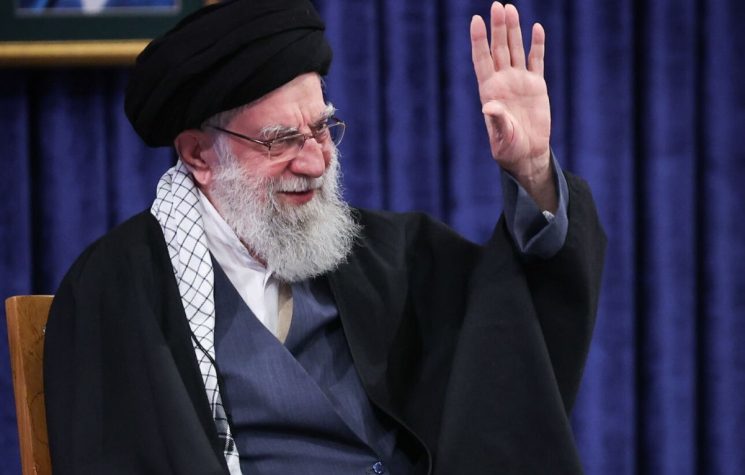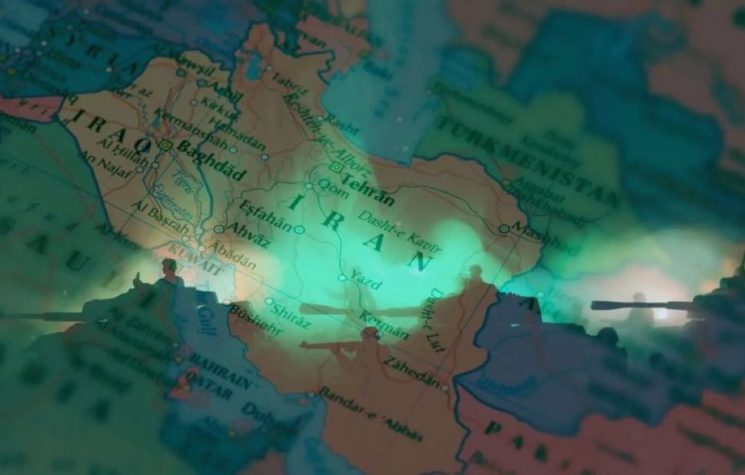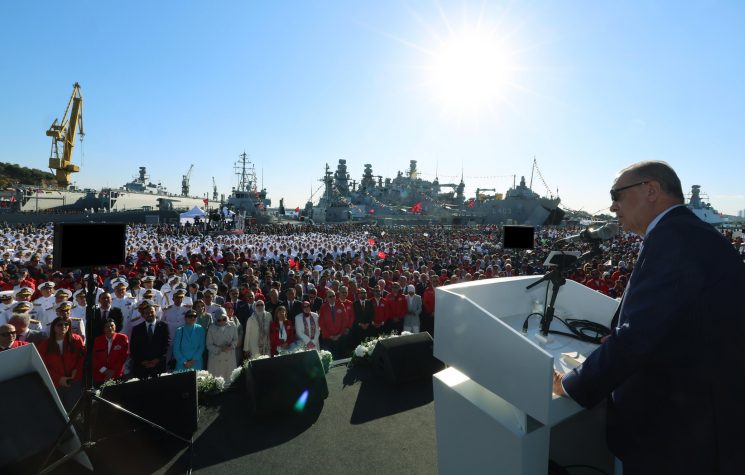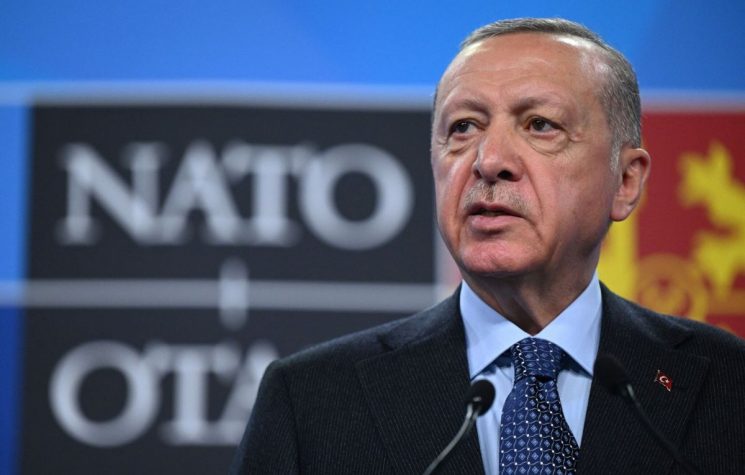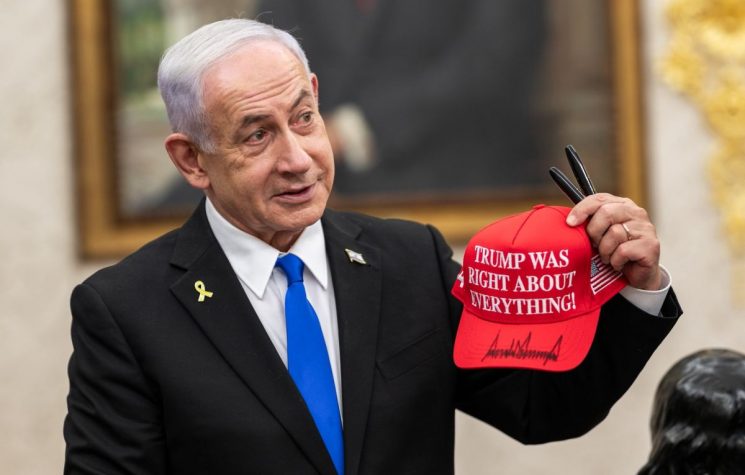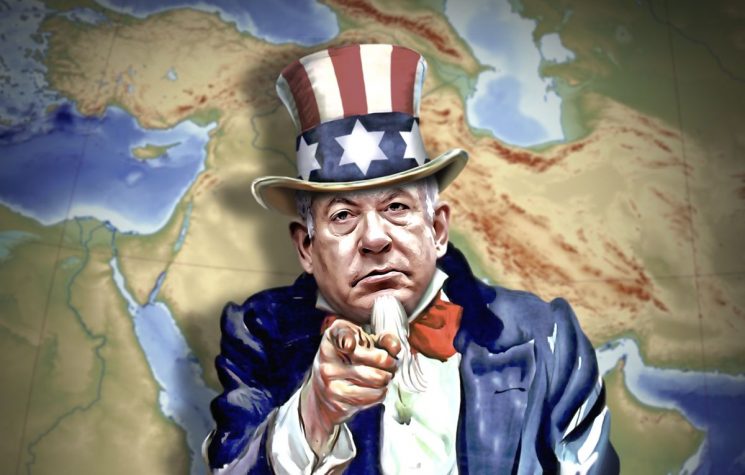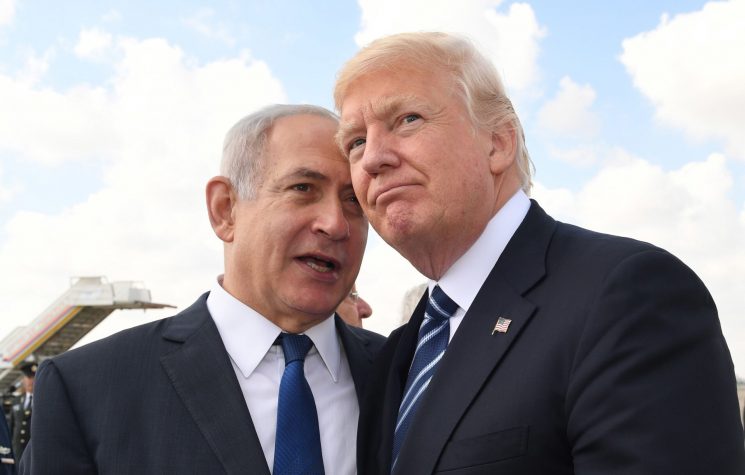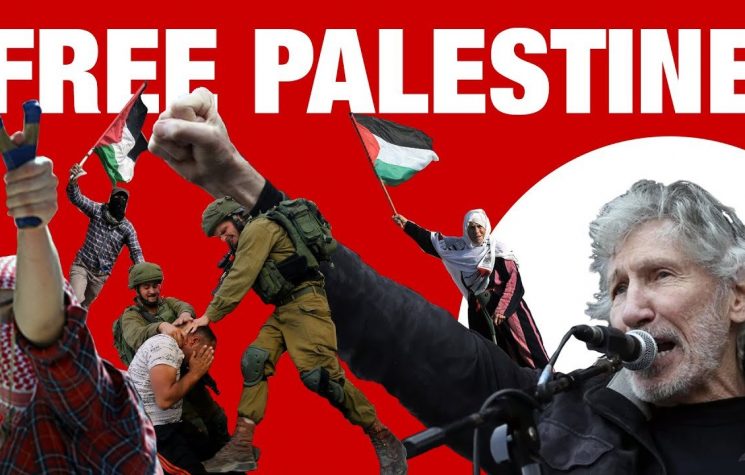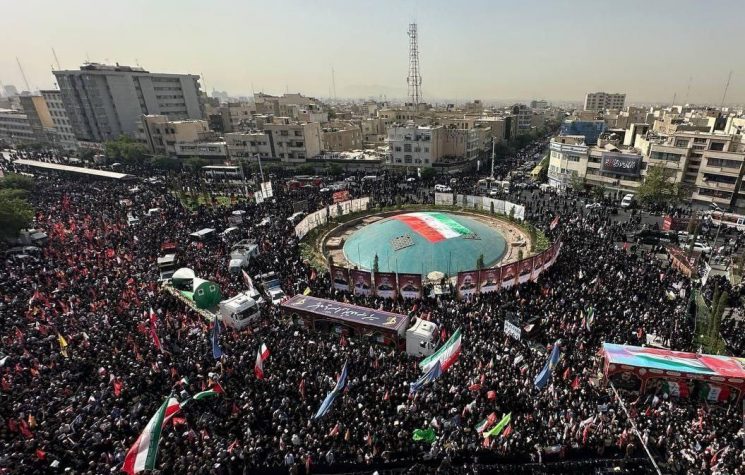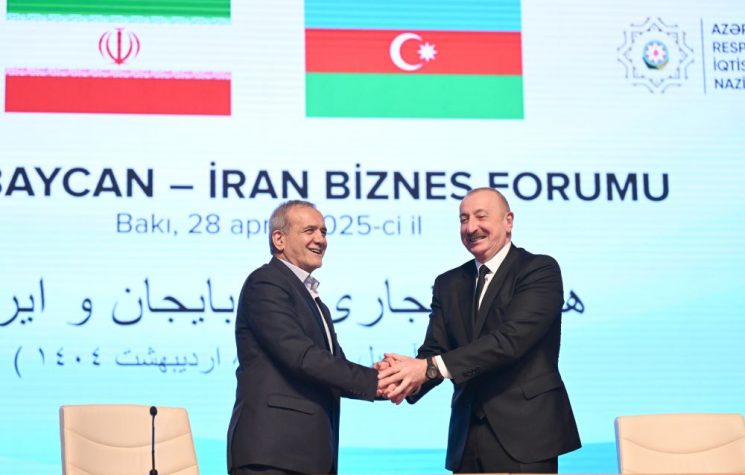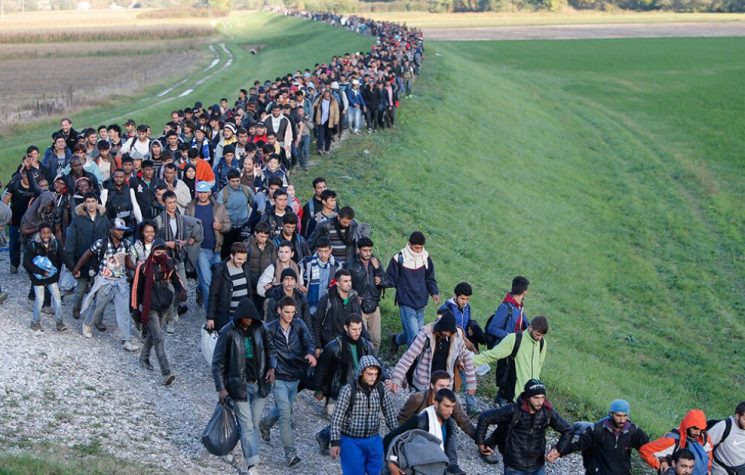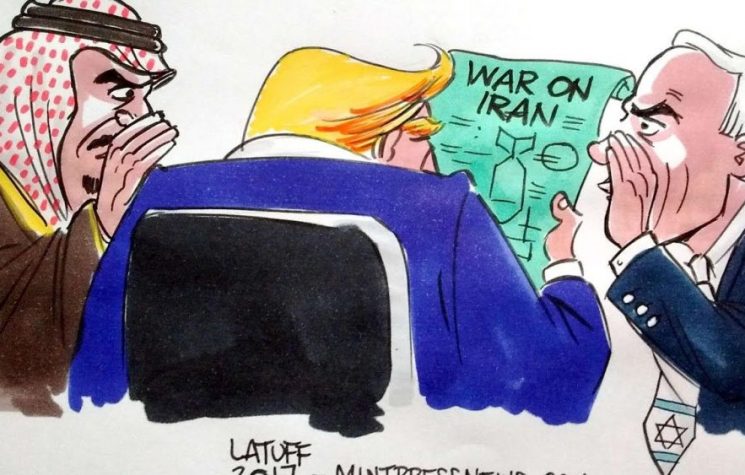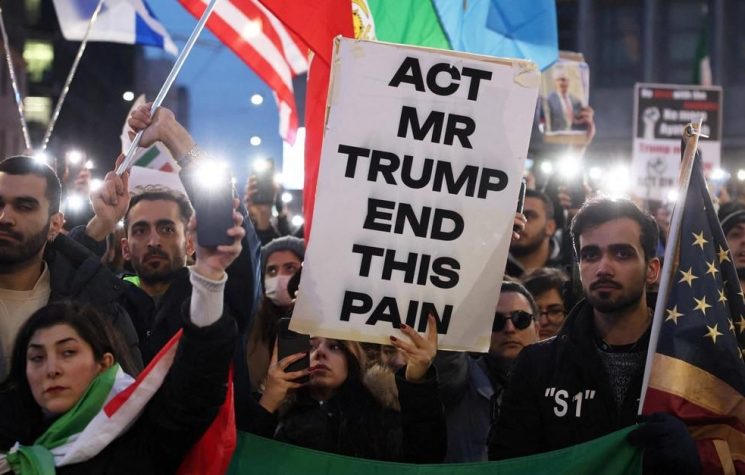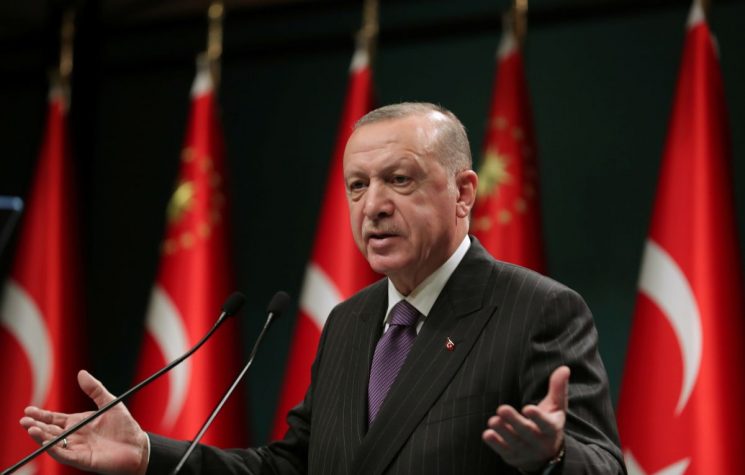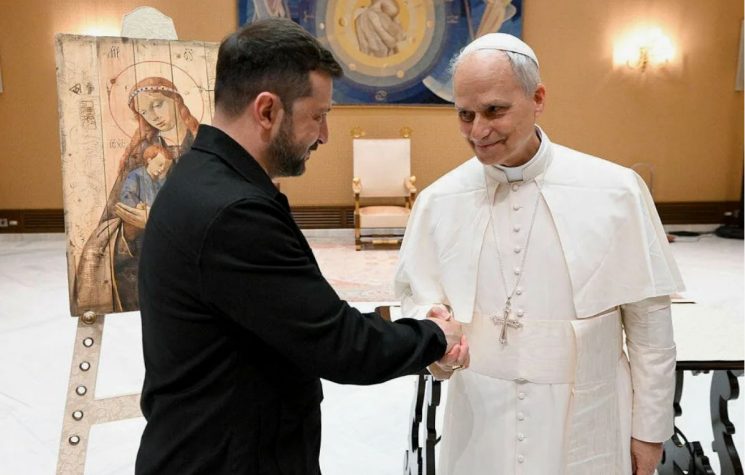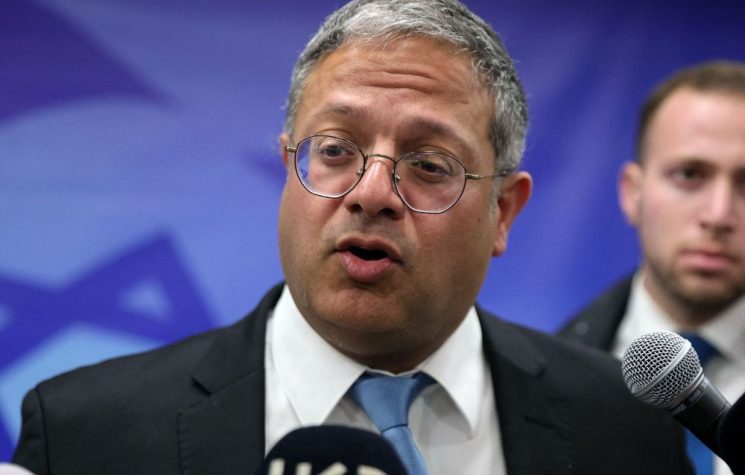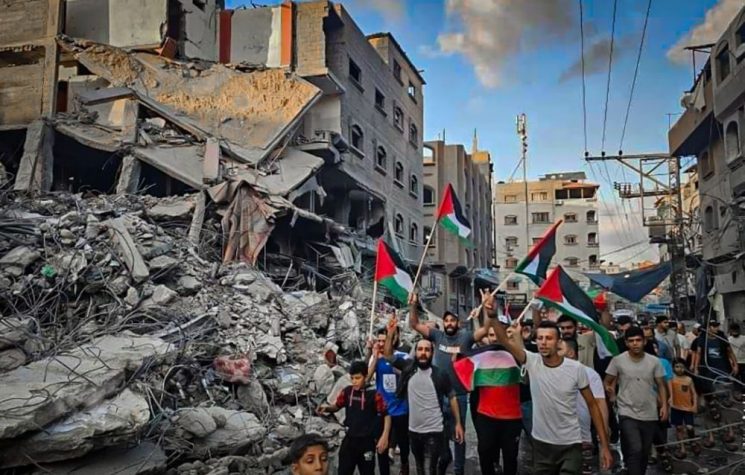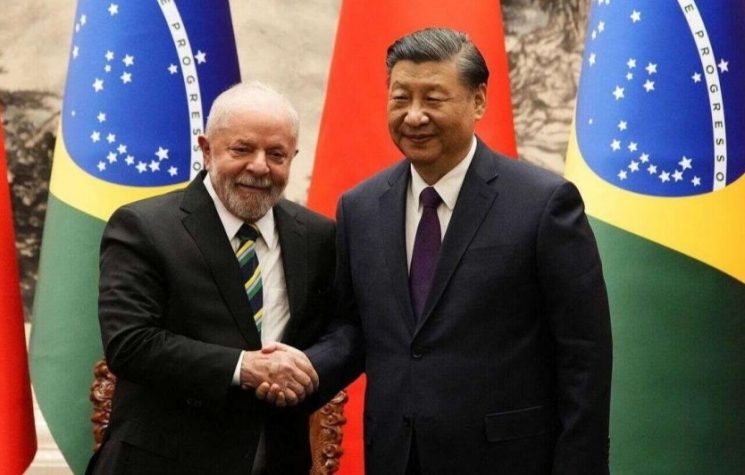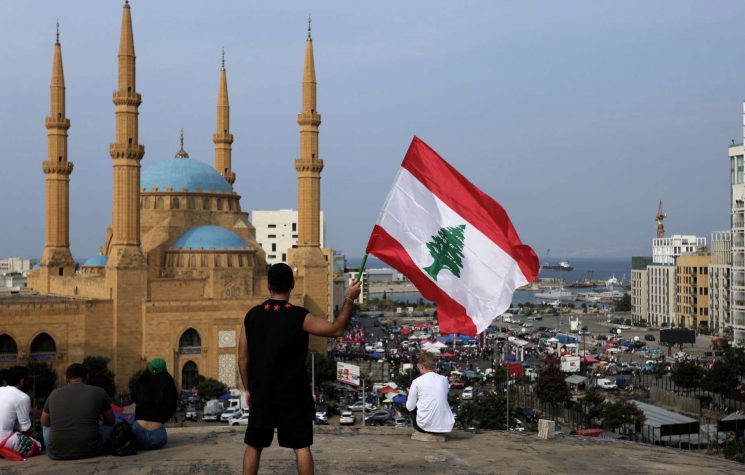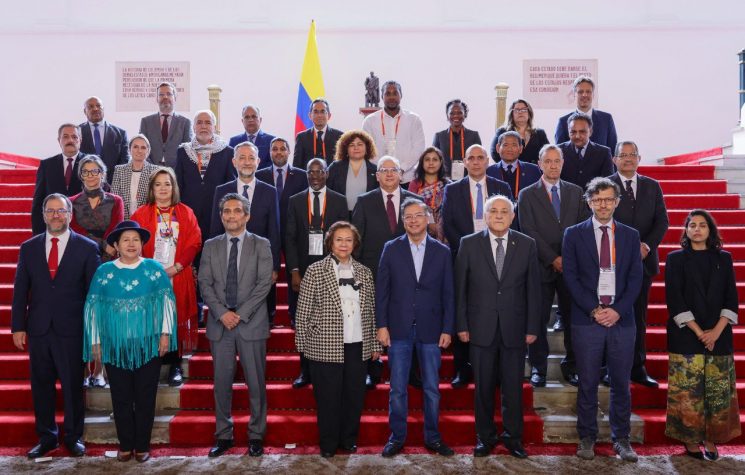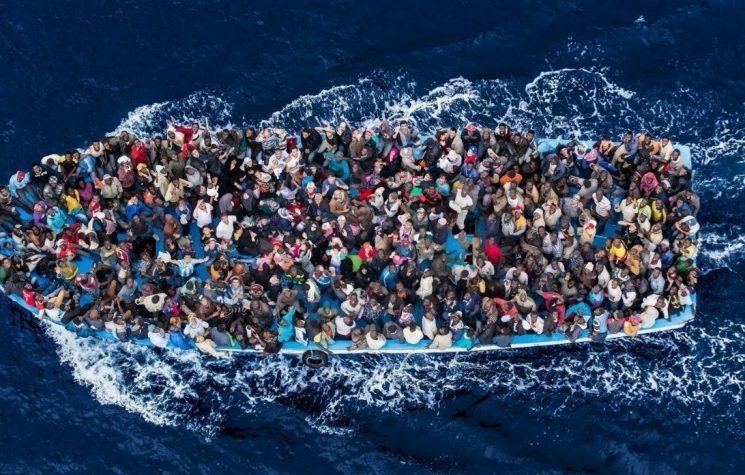This is it. Something has happened. And this ‘something’ was for many unexpected, for others much hoped for.
Contact us: info@strategic-culture.su
This is it. Something has happened. And this ‘something’ was for many unexpected, for others much hoped for. Now we have to reckon with what will happen.
Under the right moon
There are choices that cannot be made without considering certain esoteric data, the influence of which can be decisive for the success of a strategic operation. Israel knows this well, applying the notions of the Jewish Kabbalah to all political and military choices. This time the timing was not lacking even in the response: on the eve of one of the most delicate lunar transits of the century – with the Moon entering Libra with an eclipse attached with Mars opposed to Pluto retrograde in Capricorn, which will perfect the opposition at the end of the month, a conjunction harbinger of great clashes and which opens a two-year period of important battles – the Islamic Republic of Iran took the step of responding to the Zionist fury.
The attack was claimed as a legitimate response to the assassination of Haniyeh, Nasrallah and other members of the Resistance, following what the United Nations had also declared in recent months, when Israel had violated Iran’s territorial sovereignty by attacking Tehran directly.
From a technical military point of view, it was an attack that could be described as modest. Certainly not focused on gaining significant strategic advantage, the operation involved some 400 hypersonic missiles that reached targets in Israel within approximately 15 minutes, all of them strategic in nature, i.e. military bases, weapons depots, and supply platforms. No civilian targets were tracked in the executed attack, confirming the military precision and legitimacy of the attack under International Law and Ius in bello, a necessary clarification given the Israeli use of targeting civilian targets.
What this attack has shown is that Iran has succeeded in overcoming Israel’s multi-layered air defence, somewhat like it did in April under similar circumstances. This time, however, the missile attack was significantly more successful than the previous one, with more warheads impacting the targets. The missiles employed were – according to the official release of the Iranian institutions – Fatteh-1s, defined as hypersonic, employed for the first time. Bear in mind that the term ‘hypersonic’ means that the missile maintains a speed of Mach 5 (or higher) for the entire duration of the flight, not just for part of it as is the case with non-hypersonic missiles. They are missiles with a weight of 450 kilos and a range of more than 1400 kilometers. From the recovered fragments, it appears that Cheibar Shekan missiles, which are particularly fast and have a longer cruise range, were also used.
The attack was followed by a series of ‘diplomatic clarifications’: if Israel counter-attacks, Iran is ready to strike more heavily. In the meantime, the U.S. condemned the attack and deployed its armed forces in support of Israel, which had also been present in the area for some time, both with the regular missions already there and the reinforcements sent since the beginning of the fight with Hamas in October last year.
The quality of this attack is perhaps to be understood more on the level of international relations than on the strictly military level. Such a ‘partial’ attack was not helpful in clearing the way for ground troops, let alone in tampering with the enemy’s systems. The affected bases had already been evacuated hours in advance and Israel was waiting for the promised retaliation. What has changed is at the international level. The U.S. barefacedly confirmed its sine qua non protection to Israel, while, let us remember, Netanyahu was in New York at the UN plenary when he issued the order to attack to kill Nasrallah and shortly afterwards invade Lebanon, starting the Third Lebanon War. The other regional powers were immediately involved, having to adopt a posture:
- the Resistance countries confirmed their support for Lebanon and Iran, consistent with the fight for Palestine and the defeat of the common enemy;
- Turkey was immediately alarmed, with Erdogan raising his voice against Israel (but not against the United States) and calling for the unity of the Islamic world;
- Russia had to stop its accommodating rhetoric and called on Israel to cease its invasion and extermination operation, recalling its alliance with Iran;
- European countries confirmed their subservience to Israel and the United States, supporting Netanyahu and calling for an extension of the conflict.
The desired effect was probably achieved. Israel again had to suffer an attack that confirmed the need for restraint. The diplomatic route did not work so there was no other choice.
Iran has played its part – and it is not over yet
To those who feared Iran’s intervention, a subject already commented on in previous articles, an answer has finally come.
One has to analyses how we got to this point.
First point: in these first months of government, Pezeskhian has caused Iran and the entire Axis of Resistance to suffer a series of unbelievable defeats and sufferings. The prerequisites for recognizing a political operation on the part of Western forces (MI6 and CIA, but also Mossad) are all in place: a weak reformist, with an ambiguous position and perfect timing in getting all the timing wrong, but above all one who did not respect the invocation of the truth about what happened on Raisi and Abdollahian’s helicopter – an event that was dismissed by the new president with a signature on the news of a ‘meteorological accident’, when the elements analyzed also from abroad clearly showed something else. The election was a disaster, a real failure in terms of turnout, in an Iran that historically has always had record turnout with intense citizen participation in the political life of the state.
Pezeskhian has not expressed any significant support for the Resistance in these months and has not, in fact, taken part in the battle, something that has always belonged to previous presidents.
In the meantime, many problems have also emerged with the corruption of the intelligence services and with some high-ranking officials of the armed forces and the Guardians of the Revolution. This should give Iran and its allies a lot of pause for thought, because this is an inside job rooted in decades of under-the-radar operations by the intelligence services of enemy countries and most likely with the support of the intelligence of other neighboring states as well.
Point two: it was necessary to override Pezeskhian inertia, otherwise the Iranian response would have been forever absent. Here something happened: there was an internal operation in Tehran, members of the intelligence, the Pasdaran and the parliament took matters into their own hands, summoned the Supreme Security Council and followed the instructions of Ayatollah Khamenei, who in the last period continued the work of summoning Islamists from all over the world against the Zionist entity. Khamenei gave his blessing for the attack and it happened. The president was not included in the equation. The faithful of Raisi, the faithful of the Islamic Revolution, the faithful of Soleimani prevailed. This action, I believe, is a prelude to either a government crisis or a change in the official political line. Pezeskhian immediately after the attack embarrassingly commented on the events, giving the impression that he was not in control of the situation.
Such instability could prove fatal for Iran and, to all intents and purposes, has not yet been completely overcome. There is likely to be a government crisis, less likely to be a military coup with a transitional government. In either case, Iran cannot afford to be as uncaring as it has been in recent months. It cannot trust any country in the West and cannot base its choices on the support of the major Allies. Once again, Khomeini’s words echo: ‘Neither with the East, nor with the West’. Islamic and revolutionary Iran must stand alone, now more than ever. Its global position is decisive for the success or failure of the Resistance struggle.
Precisely in this sense, keep in mind that this new war could greatly destabilize the upcoming BRICS+ summit in Kazan, and this in several senses:
– in the participation in the meeting, by limiting the presence of the postulant countries or Iran itself as it is in direct armed conflict;
– in the reception of new member countries, where the already known ‘Islamic majority’ could be seen as a global risk.
In this second aspect, Israel has probably played an early card. Launching this new front of the conflict now, before the U.S. elections, before the BRICS in October, may undermine Khamenei’s reunifying action to unite the Islamic peoples in the common anti-Zionist struggle. If the BRISC+ really choose to stall, Iran will face a soft power defeat and a return isolation that will not be easy to come to terms with. In this sense, it will be very important to mediate with the other leading states, such as Russia and China, to secure the necessary decision-making authority. We shall see what happens.
Turkey tries again
Alongside all this, Turkey is trying again, with Erdogan repeating his call for an Islamic Alliance against Israel. Ankara does not want war, terror and occupation to reach its borders, and formal condemnation of Israeli actions came quickly. However, the position with regard to the other actor that came on the scene, namely the United States, was once again unclear.
Washington exhumed the mummy Biden and immediately raised its voice against Iran. An already familiar rhetoric, which had already been reiterated a few days ago by Trump, who had publicly accused Tehran’s agents of a ‘plot’ to kill him. It is interesting to note how the Iranian news was delicately placed in the context of the American infowarfare already in advance of the events of these days. Perhaps the Pentagon had had a chat with Tel Aviv or Tehran?
Dialogue between intelligence agencies is a daily occurrence, no wonder. All over the world, each government is in contact with the intelligence services of other countries, the friendly ones and even more so the enemy ones. Every day, things are negotiated, in a balancing act that is difficult to explain to the layman. Basically, it is a kind of challenge to deception: you try to make your opponent fall into a trap, making him believe something in order to get a result. The winner is the one who really manages to make himself credible and deceive his opponent.
Precisely on the subject of deception, having to be honest, Turkey’s ambiguous position will soon have to find a solution, because the Resistance will not wait for the ‘sultan’ to do his bidding with the West and then cash in on the results without having participated in the sacrifice. Either Turkey closes relations with NATO and Israel (still the Zionist regime sells arms to Turkey as the first buyer), or there will be nothing to share. On the contrary, Turkey risks becoming a next target of world Islam. Because after defeating the Zionist entity, the time will come for spring cleaning in the great Islamic world.
And there will be nothing to joke about.










